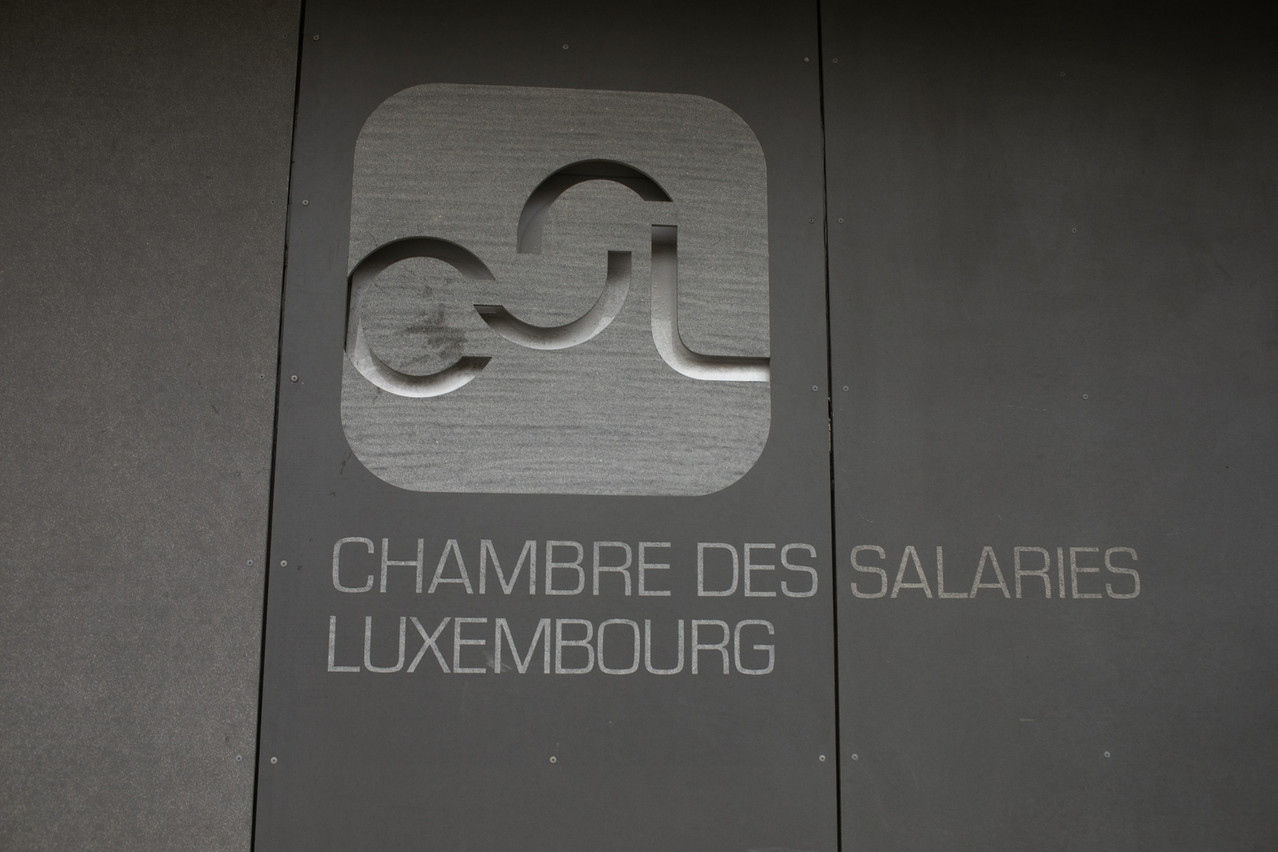This time, it was the Chambre des salariés du Luxembourg (Chamber of Employees, CSL) that fired the first shot. It is the first of the institutions to be asked to give its opinion on the second draft budget tabled this year by the Frieden government and to have sent its observations to MPs. The finance committee will examine these comments on 19 November.
A mixed opinion. The CSL recognises certain merits in the text. It welcomes the increase in the CO2 tax credit to €192, a measure it has long been calling for. It also approves of the “technical” adjustment of the personal income tax scale to the index brackets. This adjustment “will primarily benefit modest and middle-income households.” However, this adjustment should not make it possible to do without “a comprehensive plan to combat poverty and social exclusion, including measures on family benefits, old-age pensions, the minimum wage, gerontological care and support for single-parent families.” It's a plan that the chamber wholeheartedly endorses.
Housing: too much for investors
While the CSL finally acknowledges that the new government is continuing to make the promotion of affordable housing a political priority, the satisfaction is relative. The chamber welcomes the successive and substantial increases that have been made to the rent subsidy scheme, but insists that this is an unsustainable solution, and reiterates that “a lasting solution to the continuing rise in tenants’ cost of living will require an ambitious reform of the law of 21 September 2006 on residential leases, which should aim in particular to bring rent ceilings into line with changes in tenants' purchasing power.” It advocates “avoiding the granting of additional tax benefits to investors, regressive measures that benefit de facto only the most affluent and risk reinforcing inequalities in property ownership.” And it regrets the sharp downward revision of future investment in this area.
Overly pessimistic budget projections
On the negative side, the CSL criticises the systematic pessimism in the budget projections, pointing out that previous forecasts have often proved far too pessimistic. It is betting on a general government surplus by the end of 2025, whereas finance minister (CSV) estimates a . The CSL refers to studies by the Conseil national des finances publiques (CNFP), which found that between 2007 and 2021, the nominal balance of central government was underestimated by an average of €500m.
With regard to the financing of social security-- at a time when --the CSL is calling for revenue to be increased rather than any reduction in benefits. It is critical of the increasing transfer of the financial burden from the Mutualité des Employeurs (MDE) to the state, “thus relieving employers of their responsibility.” The CSL is also calling for the ancillary costs of social security to be financed from the state budget rather than from the revenues of social security funds.
Corporate tax cuts rejected
The CSL rejects the announced reduction in the rate of corporation tax. This rate is due to fall from 17% to 16% in 2025. In its view, this cut will exacerbate the imbalance between the contributions of capital and labour. The shortfall, which the government estimates at €70m but which the CSL sees at €175m, “will inevitably continue to contribute to the imbalance between the contributions made by each side, at a time when households (the vast majority of which are employees) and consumers are increasingly bearing the burden of national tax policy alone over the decades.”
Questions of ambition
The CSL questions the real ambition of the expenditure budget, pointing out that current expenditure is growing less quickly than current revenue, resulting in a sharply rising surplus. It maintains that greater public investment is needed to support economic and social growth, particularly in the current context of multiple crises.
Finally, the Chamber of Employees deplores the stagnation over the medium term of national investment in the climate and energy fund, deeming this development unacceptable in view of the urgency of the climate crisis. It is calling for greater transparency and better communication from the government on the use of public funds, particularly with regard to Klimabonus Wunnen aid.
This article was originally published in .
